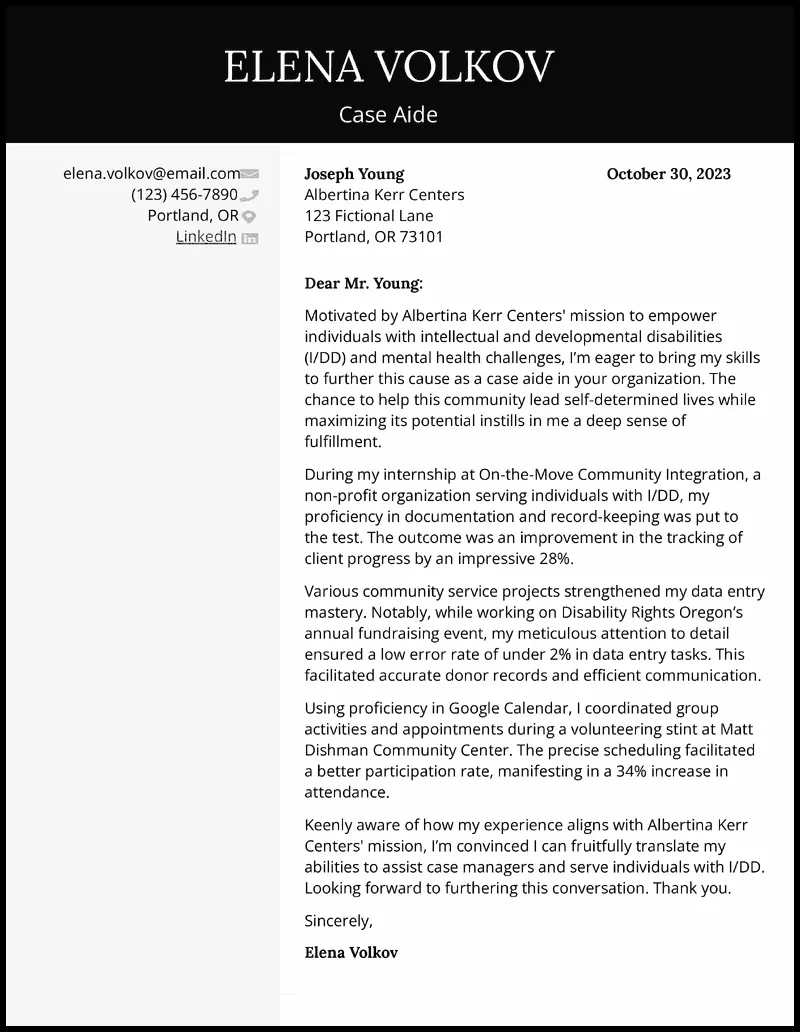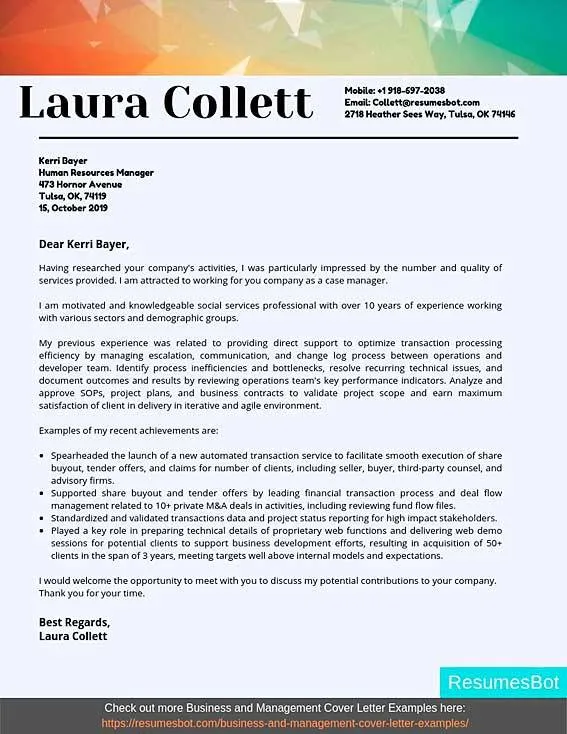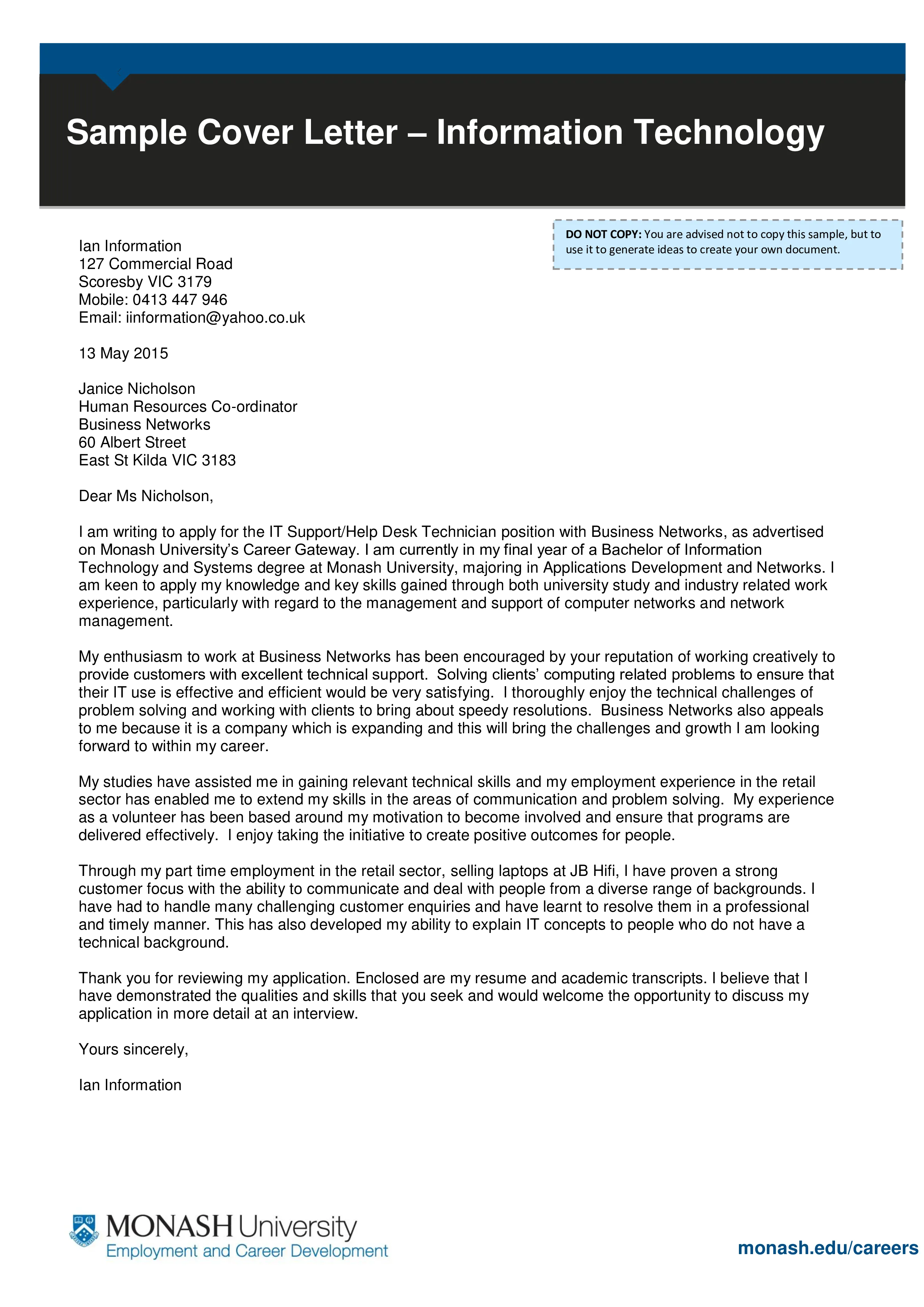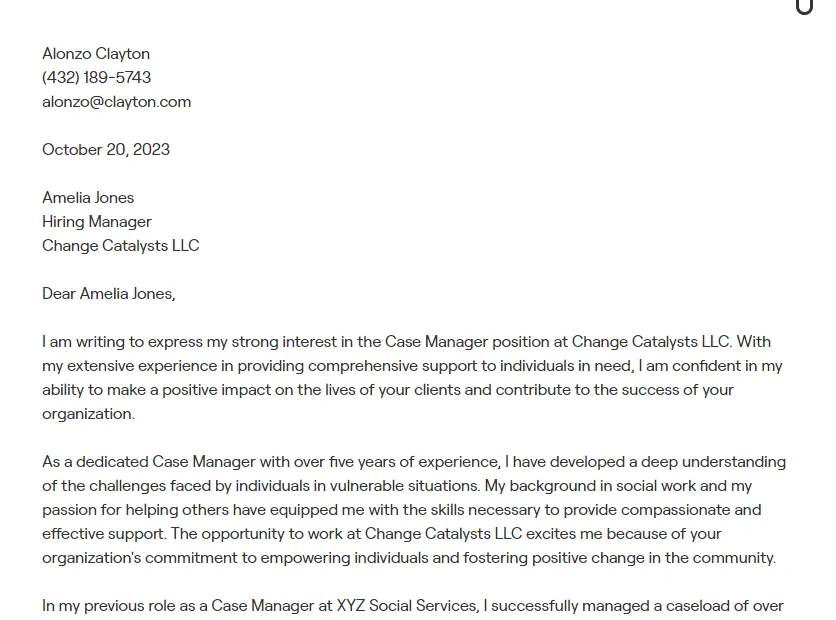Understanding the Entry Level Case Manager Role
Before you begin writing your cover letter, it’s crucial to understand the responsibilities and expectations of an entry-level case manager. This role typically involves assisting clients with various needs, such as connecting them with resources, providing emotional support, and advocating for their well-being. Key responsibilities often include assessment, planning, implementation, coordination, and evaluation of services. Entry-level positions often require a bachelor’s degree in social work, psychology, or a related field. Familiarizing yourself with these duties will help you tailor your cover letter to highlight the most relevant skills and experiences, making you a more compelling candidate. Consider the specific population or setting (e.g., healthcare, social services, schools) the job serves to further refine your understanding.
Key Skills to Highlight in Your Cover Letter
Entry-level case managers require a diverse set of skills to succeed. Your cover letter should emphasize your abilities in areas such as communication, both written and verbal; interpersonal skills, including empathy and active listening; organizational abilities, like time management and record-keeping; problem-solving skills, including critical thinking and resourcefulness; and a strong understanding of ethical guidelines and professional boundaries. Include specific examples that demonstrate how you’ve utilized these skills in previous roles or volunteer experiences. For instance, describe a time when you effectively communicated complex information to a client or resolved a challenging situation by demonstrating strong problem-solving skills. Showing, not just telling, is key to making a positive impression.
Highlighting Relevant Experiences

Even without direct case management experience, you can still present a strong case for yourself. Focus on experiences that demonstrate transferable skills. This might include volunteer work at a crisis hotline, a leadership role in a student organization, experience providing customer service, or any role where you assisted individuals. When describing these experiences, emphasize the skills you used, such as communication, empathy, and problem-solving. If you’ve completed any relevant coursework or internships, be sure to detail your responsibilities and the outcomes achieved. Quantify your accomplishments whenever possible to make your experiences more impactful. For example, instead of saying you ‘helped many people,’ say you ‘assisted over 20 clients with accessing community resources’.
Crafting a Compelling Opening for Your Cover Letter
The opening of your cover letter is your first and often only chance to grab the hiring manager’s attention. Start with a strong, concise statement that expresses your interest in the position and briefly highlights your qualifications. Avoid generic openings like ‘Dear Hiring Manager.’ Instead, personalize your greeting by addressing the hiring manager by name, if possible. State the specific position you’re applying for and explain why you are interested in this particular role and organization. Show enthusiasm and a clear understanding of the organization’s mission. Briefly mention a key skill or experience that aligns with the job requirements to immediately capture the reader’s interest. A well-crafted opening sets the tone for the rest of your letter and encourages the reader to continue.
Detailing Your Accomplishments
In the body of your cover letter, go beyond simply listing your responsibilities; focus on your accomplishments. Use the STAR method (Situation, Task, Action, Result) to illustrate how you’ve made a positive impact in previous roles or experiences. Describe the situation you were in, the task you were assigned, the actions you took, and the results you achieved. This method provides concrete examples of your skills and abilities. When possible, quantify your achievements to make them more impactful. For example, instead of saying ‘Improved client satisfaction,’ you could say ‘Increased client satisfaction scores by 15% through implementing a new communication strategy.’ Demonstrate the value you bring to the organization by highlighting how your skills and experiences align with their needs and goals.
Demonstrating Your Passion and Enthusiasm

Case management is a field where passion and empathy are essential. Your cover letter is an opportunity to convey your genuine interest in helping others. Express your enthusiasm for the specific role and the organization’s mission. Discuss what motivates you to work in this field and what aspects of the role excite you. Show that you’ve researched the organization and understand their values. If you’ve volunteered or worked with similar populations or causes, mention it to demonstrate your commitment. Your passion should be evident in your word choice, tone, and overall presentation. This will make you stand out from other candidates who may appear less engaged or committed to the field.
Structuring Your Entry Level Case Manager Cover Letter
A well-structured cover letter is easy to read and makes a positive impression. Your letter should follow a standard business format, with the following sections: your contact information, the date, the employer’s contact information, a salutation, an introductory paragraph, 1-2 body paragraphs highlighting your key skills and experiences, a closing paragraph, and a professional closing (e.g., ‘Sincerely’ or ‘Best regards’). Keep the letter concise, ideally no more than one page. Use clear headings and formatting to improve readability. Use a professional font like Times New Roman, Arial, or Calibri, and maintain consistent margins and spacing. Proofread your letter carefully to eliminate any errors in grammar or spelling.
Essential Elements of a Closing Paragraph
Your closing paragraph should reiterate your interest in the position and thank the hiring manager for their time and consideration. Express your enthusiasm for the opportunity and briefly summarize your key qualifications. Include a call to action, such as stating that you are eager to discuss your qualifications further in an interview. Reiterate your contact information to make it easy for the hiring manager to reach you. Ensure your closing is professional and reflects your eagerness to contribute to the organization. Avoid clichés and instead, aim for a sincere and confident tone that leaves a lasting positive impression.
Proofreading and Editing Your Cover Letter

Before submitting your cover letter, thoroughly proofread and edit it for any errors. Typos, grammatical errors, and inconsistencies can undermine your credibility. Read your cover letter aloud to catch any awkward phrasing or sentence structure issues. Ask a friend, family member, or career counselor to review your letter for feedback on content, clarity, and tone. Ensure the formatting is consistent and visually appealing. Pay close attention to the language used and the overall presentation of your qualifications. A polished and error-free cover letter demonstrates attention to detail and professionalism, increasing your chances of getting noticed.
Tailoring Your Cover Letter to the Job Description
Customize your cover letter for each job application. Carefully review the job description and identify the key requirements and preferred qualifications. Tailor your letter to highlight the skills and experiences that directly align with these requirements. Use the same keywords and phrases used in the job description. This demonstrates that you’ve read the job description carefully and are a good fit for the role. Research the organization to learn about their mission, values, and programs. This will help you demonstrate your genuine interest and tailor your letter to the organization’s specific needs. By tailoring your cover letter, you increase your chances of making a strong impression and securing an interview.
